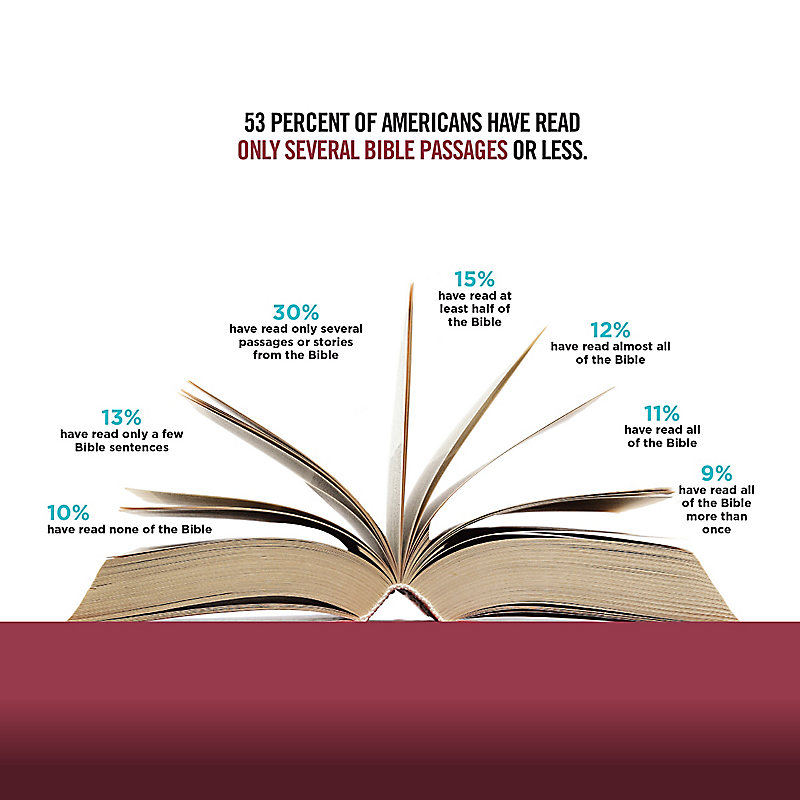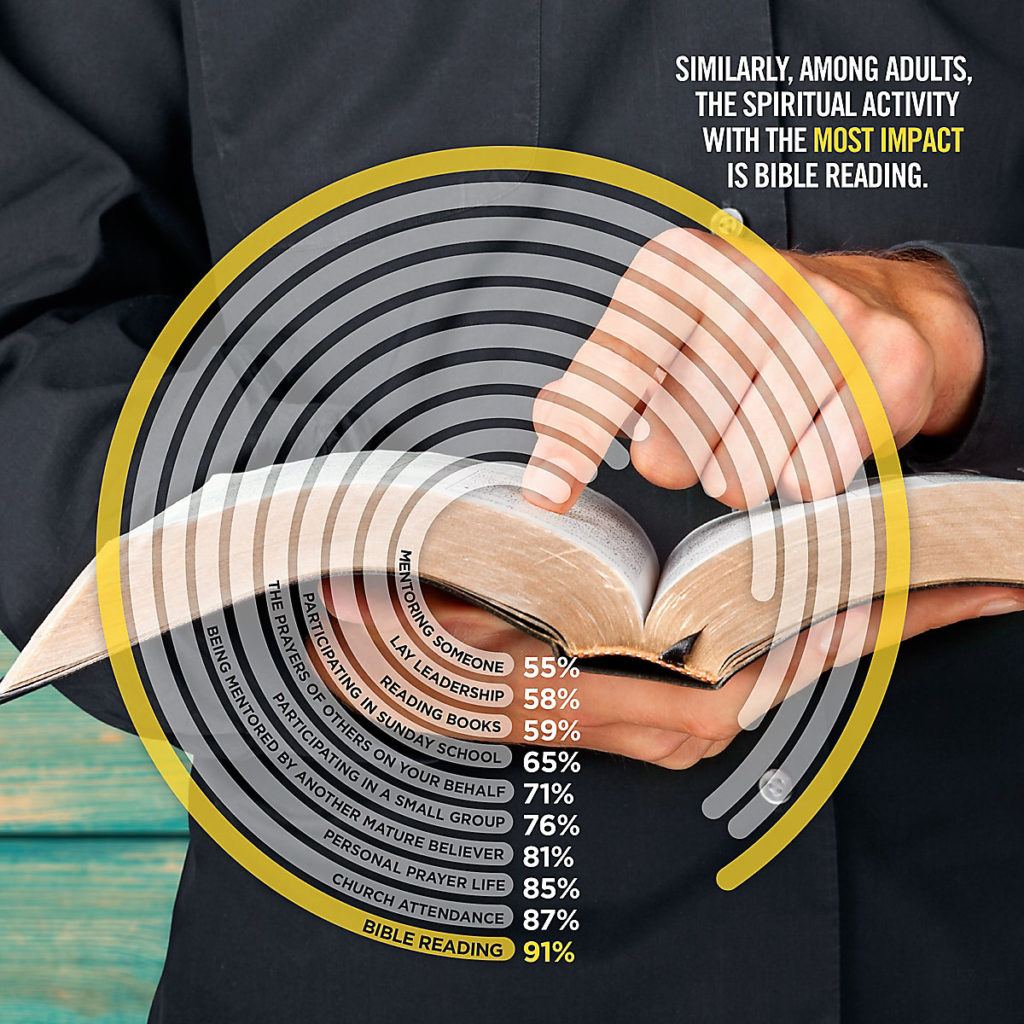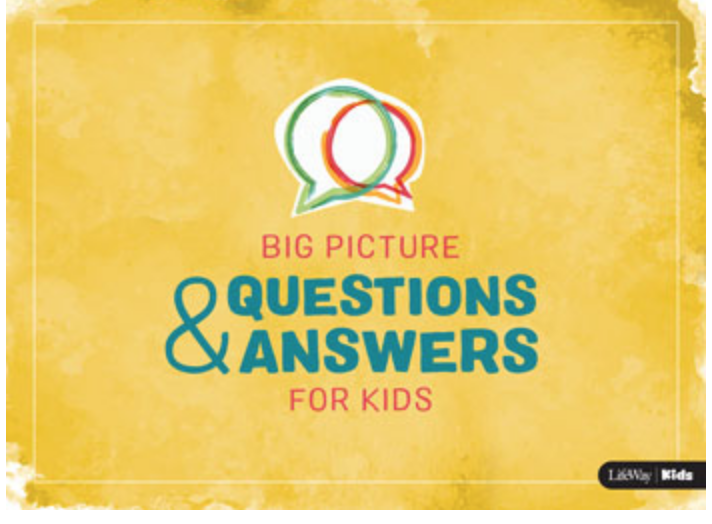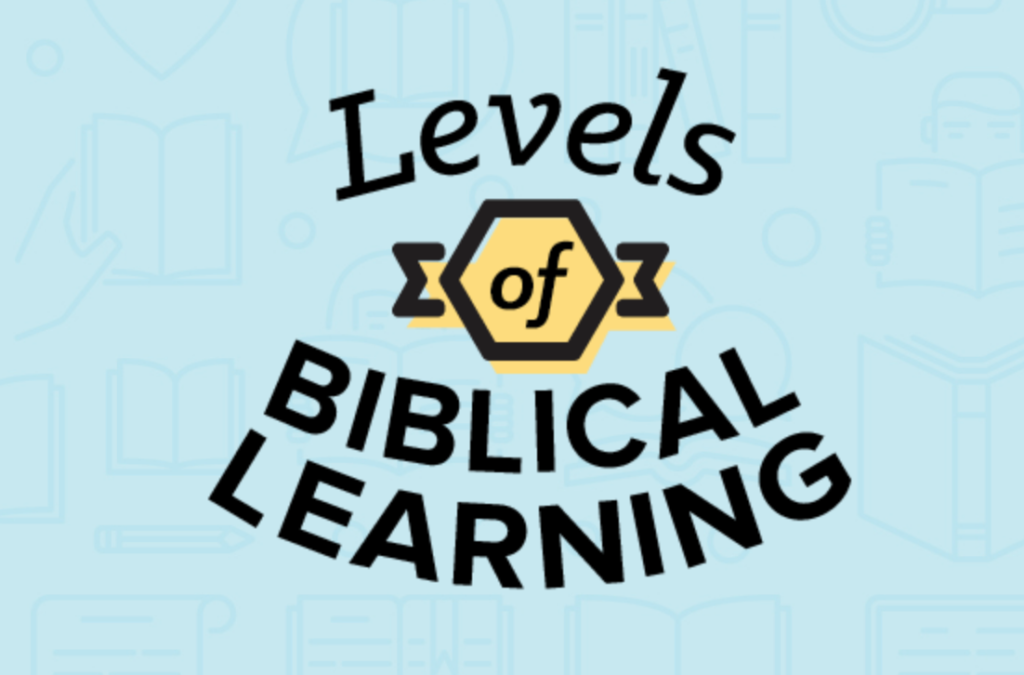In a recent blog post, I wrote for David C. Cook’s content site for kids ministry leaders called Spark. I talked about in recent years there has been similar language used by apostates in explaining their “de-construction” stories. One of those familiar tunes they all seem to play is the God of the Old Testament vs. the God of the New. These arguments that modern apostates pose have a cascading effect. Once you attack the nature of God, the next domino to fall is the authority of scripture. What is interesting is that those who apostatize follow the same path that that theologians follow in systematic theology. Apostates tear down the foundations that have been systematically laid.
I had a conversation with my good friend Jana Magruder Director of LifeWay Kids. She recently wrote a book called Nothing Less: Engaging Kids in a Lifetime of Faith. In this book, she and her team discuss the results of a survey done by LifeWay. They found nine indicators that led to lifelog faith in kids. The most surprising finding was that the number one indicator of a lifelong faith is not the faith of your parents. It isn’t church attendance; it isn’t even generations of attendance in the same church. The number one indicator of a lifelong faith is Bible reading. And it’s not even close.
Nothing less than a whole Bible can make a whole Christian
A. W. Tozer
A.W. Tozer says, “Nothing less than a whole Bible can make a whole Christian,” this Jana says is the basis of the book that they wrote. Jana said at LifeWay they were looking for what creates lifelong faith in kids.
At first, we were looking for a formula for a recipe that if we could get this right, we could have more assurance that our kids are not going to leave the church as a different research study says. So many leave and some come back. What can we do as parents and pastors? When we got the results back, our research team came back to us. It said you know you’ve got the number one answer. It is so far away from numbers two, three, and four that it really needs to be in its own separate category, so as you write this book, don’t make it look like number one was this then number two after that… it needs to stand alone, it needs to have its own place. Our research shows it so far in importance and value from the other things. The answer was Bible reading.
Jana Magruder
Jana said that this finding is “profound because it’s not the first thing our brains go to.” In Nothing Less, Jana and her team reveal this is not what we are chasing as a culture. Travel sports, grades, private school, Christian school, home school, big church or small church…” None of these made the difference Bible reading did.
I think the reason why we miss this is because while we may value scripture, I’m not sure we see it as authoritative.
There are many reasons why people don’t see the scripture as authoritative.
1. People view scripture as literature to be analyzed and criticized. They don’t see scripture as communication.
Scripture’s meaning can be understood as the communicative act of the author that has been inscribed in the text and addressed to the intended audience for the purposes of engagement.
Jeannine Brown
When we look at scripture as communication, it changes our posture in how we approach scripture. Descartes in the enlightenment ushered in this idea, “I think therefore I am.” He believed that we find our meaning by elevating rational thought and empirical evidence over all else. While we by no means should check our brain a the door when approaching scripture. We should, however, avoid the arrogance that our identity is found in our intellect. Scripture is not adverse to science, but it is also not subject to science.
When the Bible moves from being an object to be studied to being communication from God to us about who he is and how he is to be worshiped. It changes how we approach scripture. When the Bible is an object to be studied, we place ourselves above it and look for empirical proof of God. When we view scripture as communication, we listen and speak in turn. We hear intending to respond. We humbly place ourselves under scripture.
2. We don’t like authority in general.
Jana hit the nail on the head when she said that “because of our sinful nature, we don’t like authority in general.” This is true for kids but also for adults. We don’t like limits. We don’t want anyone telling us what we can do and what we can’t do. We don’t like hearing that we don’t have what it takes that we need help. In North America, we pride ourselves on self-reliance. The Bible preaches a different message. It teaches a message of God-dependence. We need his help and have no hope without it.
3. We fail to read the Bible in light of what it meant to the people to whom it was written.
Over the past 30 years, the North American church has conditioned its church members to misread scripture. For the past several decades in small groups all across America. As the faithful have cracked open their Bibles and read scripture aloud, the fateful question asked is, “What does that mean to you?” This question leads us to places the person asking it never intended. “What does a passage mean to me” is not the right question to ask. “What did it mean to those whom it was written?” then followed by “In light of that, how does this apply to us?”
When we take a passage of scripture divorced of its context and then attempt to apply it to our context, we do violence to the text. This violence may have innocent origins, but I can assure you that where it leads is not good. It is this line of thinking that allows us to form the scriptures to our experience and God into our image. When we say “that’s not what Paul meant” or “my God would never do this or that” we are shaky ground.
How do we, as parents, help our kids see the Bible as authoritative?
1. We model to them the importance of the Bible by allowing them to see us read it in front of them.
Jana, in our conversation, said that she intentionally moved her devotional time to the living room. Doing this so that her kids could see her reading and valuing scripture with her time and actions. I have blogged about doing the same. If we want our kids to value God’s word, we have to value it. We have to show them as much or more than we tell them.
2. Read it yourself.
The reason why so many adults shy away from conversations with their kids about the Bible is as parents, we are not reading the Bible ourselves. In a 2016 survey that LifeWay conducted, they found that Americans like the Bible; they just don’t read the Bible.

“About half of Americans (53 percent) have read relatively little of the Bible. One in 10 has read none of it, while 13 percent have read a few sentences. Thirty percent say they have read several passages or stories.”
Lifeway Research
We can not, as parents and pastors, expect our kids to read the Bible if we don’t read the Bible. Knowing that the most significant indication of future faith for our kids is Bible reading. We must begin reading publicly and consistently for ourselves for our present faith and our kids’ future faith.

3. Give your kids resources that will help them be successful.
One of the things that fundamentally changed my devotional life was the discovery of two devotional resources. The first was Valley of Vision, a book of puritan prayers. The second was Table Talk from Ligonier Ministries. I asked Jana what resources she would recommend to help kids with their understanding of and love for the Bible. She recommended Big Picture Questions and Answers a question and answer discipleship format that is available for free from Lifeway.

Our church does this weekly with our kids; we use New City Catechism. For some people, questions and answers don’t work for you or your family. For those who would like to disciple your kids based on what they can and should know about God at each age level. Jana recommends another free research from LifeWay called Levels of Biblical Learning.

Every parent wants their kids to do better in life than they did. As a pastor and Christian parent, this is certainly true for me. I want my kids to love Jesus more than I did at their age. We want our kid’s present faith to continue to grow into future faith. How do we do that? We model what we value, we practice what we preach. We curate content for them that will help them approach the Bible with an attitude of humble submission. We teach our kids that the Bible is not an object to be studied, nor is it primarily a love letter to us. The Bible is God communicating to us who is. What he is like. And how he is to be worshiped.

